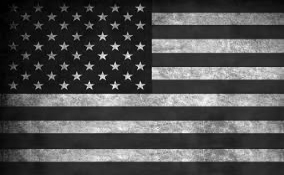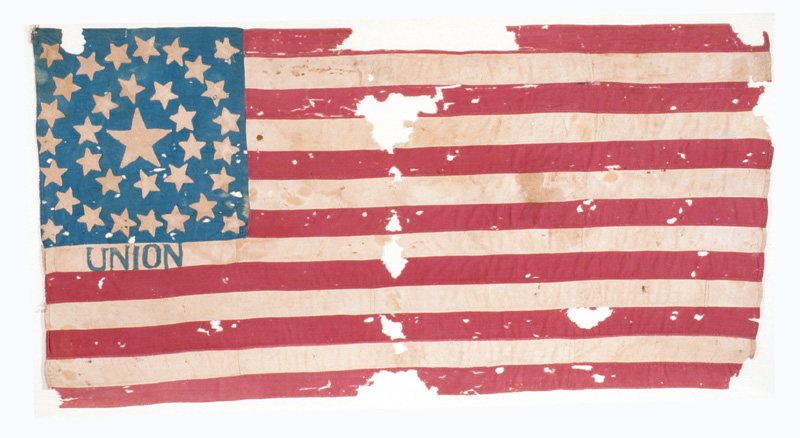I’m looking forward to hearing Glenn Greenwald speak in Chicago at the Socialism 2014 conference next week. His presentation via Skype last year was one of the highlights of the conference. He recently spoke with Nicole Colson and Eric Ruder about the startling revelations of the past year, the mainstream media’s reaction and what’s still to come.
There’s a human shame that comes from doing things that people are willing to do only when they think people can’t watch them. And yet this is exactly the realm in which all forms of dissent, creativity and exploration of what it means to be a free individual reside in–when we have a private realm.
That’s why human beings instinctively seek out a private realm, a place where they can go and think and be and do without other people watching. That’s the reason why tyrannies always want to turn to surveillance–because they know that creating the perception one is always being watched is the most powerful instrument for keeping people in line and forcing people to comply with the wishes of authority.
Read the full interview: Unmasking Big Brother | SocialistWorker.org.


